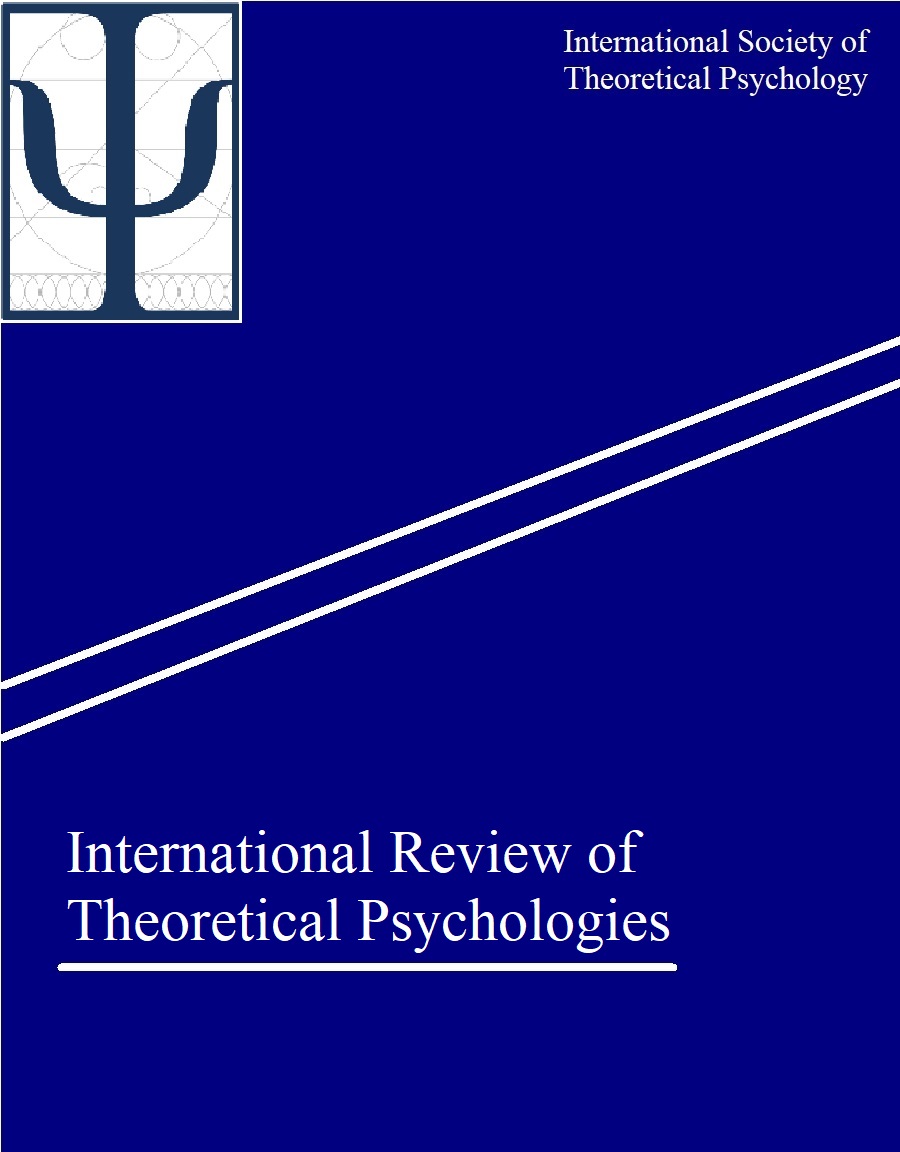A Candidate Methodology for Analyzing Meaning Making
The Natural Logic of Grize
DOI:
https://doi.org/10.7146/irtp.v1i2.128021Keywords:
Genetic Epistemology, Meaning making, Methodology, Natural logic, SchematizationAbstract
This paper aims at presenting a candidate methodology for studying psychological processes involved in meaning making. The analysis of meaning making processes poses methodological challenges. Grize’s proposes a neo-Piagetian theory, Natural Logic, which can be used as a methodology approaching the making and the interpretation of meaning, approaching discourse as a complex process interrelating cognitive, social and cultural dimensions. The making of new meaning is nevertheless approached through language use, yet both as a creative process in choosing and assembling words together, and as an interpretative process of reasoning in listening to or reading discursive material. This paper presents some main features of a new methodology for studying meaning making and interpretation processes in psychology, and a quick introduction to its practice based on a short example of analysis. The objective is to contribute to detailed analysis of meaning making, as we find it in complex cognitive activities such as interviewing, presenting or listening to a political discourse, debating, or teaching.
Downloads
Published
How to Cite
Issue
Section
License
Copyright (c) 2021 Alaric Kohler

This work is licensed under a Creative Commons Attribution-NonCommercial-ShareAlike 4.0 International License.
IRTP operates based on a non-exclusive publishing agreement, according to which the journal retains the right of first publication, but authors are free to subsequently publish their work. The copyright of all work rests with the author(s).
All content published in IRTP is licensed under a Creative Commons Attribution-NonCommercial-ShareAlike 4.0 International license (CC BY-NC-SA 4.0). This license allows authors and readers to share and adapt content for non-commercial purposes, provided that they abide by the following terms:
- Give credit to the original author(s)/creator(s) and attribution parties (i.e., IRTP);
- Provide a link to the original source, to the extent practicable;
- Include the copyright notice and/or indicate the corresponding Creative Commons license;
- Indicate what, if any, adaptations were made to the original; and
- Share adapted content under the same license as the original.
Authors are encouraged to familiarize themselves with the various Creative Commons licenses. Readers are advised to consult the licensing information embedded in each published work to ensure that they are familiar with the terms of use that apply.





